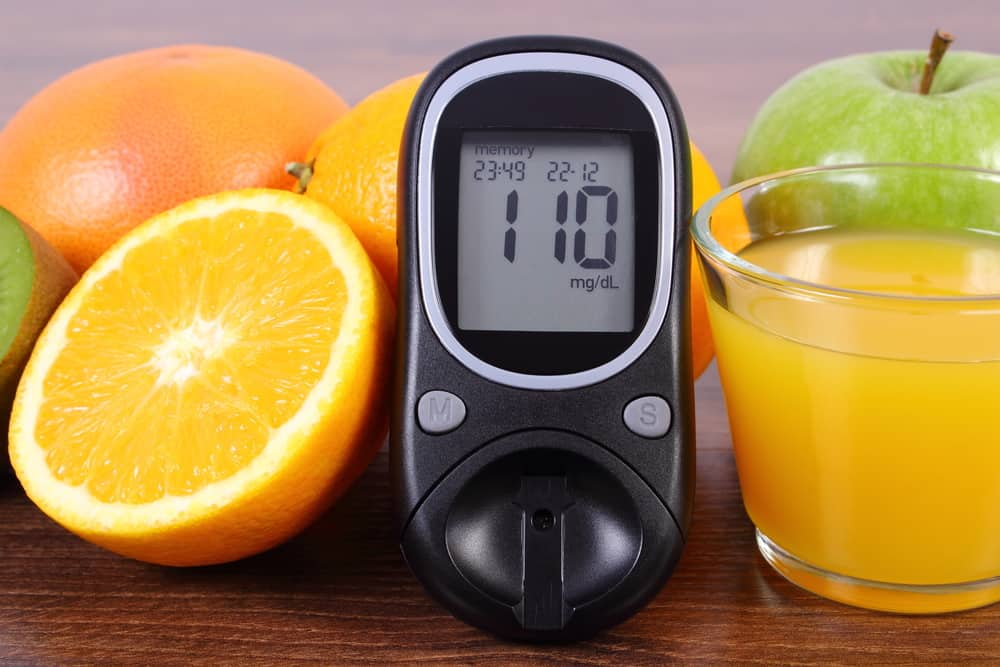Contents:
- Medical Video: How Hepatitis A and Hepatitis B Affect Liver? - Manipal Hospitals
- How do you transmit viral hepatitis?
- How can a person get non-viral hepatitis?
- 1. Alcoholic hepatitis
- 2. Autoimmune hepatitis
Medical Video: How Hepatitis A and Hepatitis B Affect Liver? - Manipal Hospitals
There are two main causes of hepatitis, namely hepatitis caused by viruses and non-viral hepatitis— alcoholic hepatitis and autoimmune hepatitis. Viral hepatitis is an inflammatory liver infection that can spread from one person to another. Viral hepatitis is one of the main risks of liver cancer. Other types of hepatitis can be caused by excessive alcohol consumption or suppression of the immune system. The following is a complete explanation of the development and transmission of hepatitis.
How do you transmit viral hepatitis?
There are certain behaviors that increase your risk of transmission of viral hepatitis.
- Sharing drug needles with other people can expose you to infected blood.
- Have HIV. If you are infected with HIV through sharing medical devices such as needles, receiving contaminated blood transfusions, or engaging in unprotected sexual activities, your risk of developing hepatitis also increases. However, exposure to body fluids is what makes you risky, not your HIV status.
- Tattoos, body piercing, and other needle exposures. If you intend to make tattoos, body piercing, acupuncture, or certain medical actions that don't use new sterile needles for each client, your risk of getting hepatitis and other blood-borne infections such as HIV will increase significantly.
- Condomless sexual activity (both vaginal, anal and oral). Hepatitis A and E are the types most often transmitted through consumption of contaminated food and water, but risky sexual contact can also transmit the hepatitis virus.
- You live together and share personal items with people who suffer from hepatitis.
- You are a health care worker. You are at high risk for exposure to the patient's blood and virus-contaminated medical equipment, for example from needles.
- If you travel abroad, you can be exposed to unsafe water sources. This causes an increased risk of hepatitis transmission.
If you have not done any of the above, but you still have hepatitis, your case may be caused by non-viral hepatitis - alcoholic hepatitis or autoimmune hepatitis.
How can a person get non-viral hepatitis?
1. Alcoholic hepatitis
You can get alcoholic hepatitis if you consume alcohol excessively. However, the mechanism for this damage is still unknown. Alcohol causes the liver to swell and then become inflamed. Other poisoning causes include excessive drug use or exposure to poisons. The following is the reason:
- The body absorbs alcohol and then breaks it down into toxic substances.
- These chemicals then trigger inflammation that damages liver cells.
- Over time, scar tissue replaces healthy liver tissue, then interferes with the ability of the liver to function effectively.
- This irreversible tissue damage (cirrhosis) is the last stage of alcoholic liver disease.
There are several other factors that can contribute to alcoholic hepatitis, including:
- Other types of hepatitis. If you drink alcohol, even if it is moderate, if you have hepatitis C, you will be more at risk for developing cirrhosis.
- Malnutrition. Malnutrition contributes to liver cell damage. Many people who are heavy drinkers usually suffer from malnutrition, because they eat poorly or because alcohol and its by-products prevent the body from absorbing nutrients.
2. Autoimmune hepatitis
The immune system usually attacks viruses, bacteria, and other pathogens. Autoimmune hepatitis occurs when the body's immune system mistakenly thinks the liver is a dangerous foreign object and begins to attack it, thus inhibiting liver function. This attack on the liver then causes chronic inflammation and serious damage to the liver cells.
Doctors have identified two main forms of autoimmune hepatitis:
- Type 1 autoimmune hepatitis. This is the most common type of this disease and can occur at any age. About half of people with type 1 autoimmune hepatitis have other autoimmune disorders, such as Celiac disease, rheumatoid arthritis, or ulcerative colitis.
- Type 2 autoimmune hepatitis. Even though adults can get type 2 autoimmune hepatitis, this disease is most common in children and young people. Other autoimmune diseases can also accompany this type of autoimmune hepatitis.
Hello Health Group does not provide medical advice, diagnosis or treatment.












